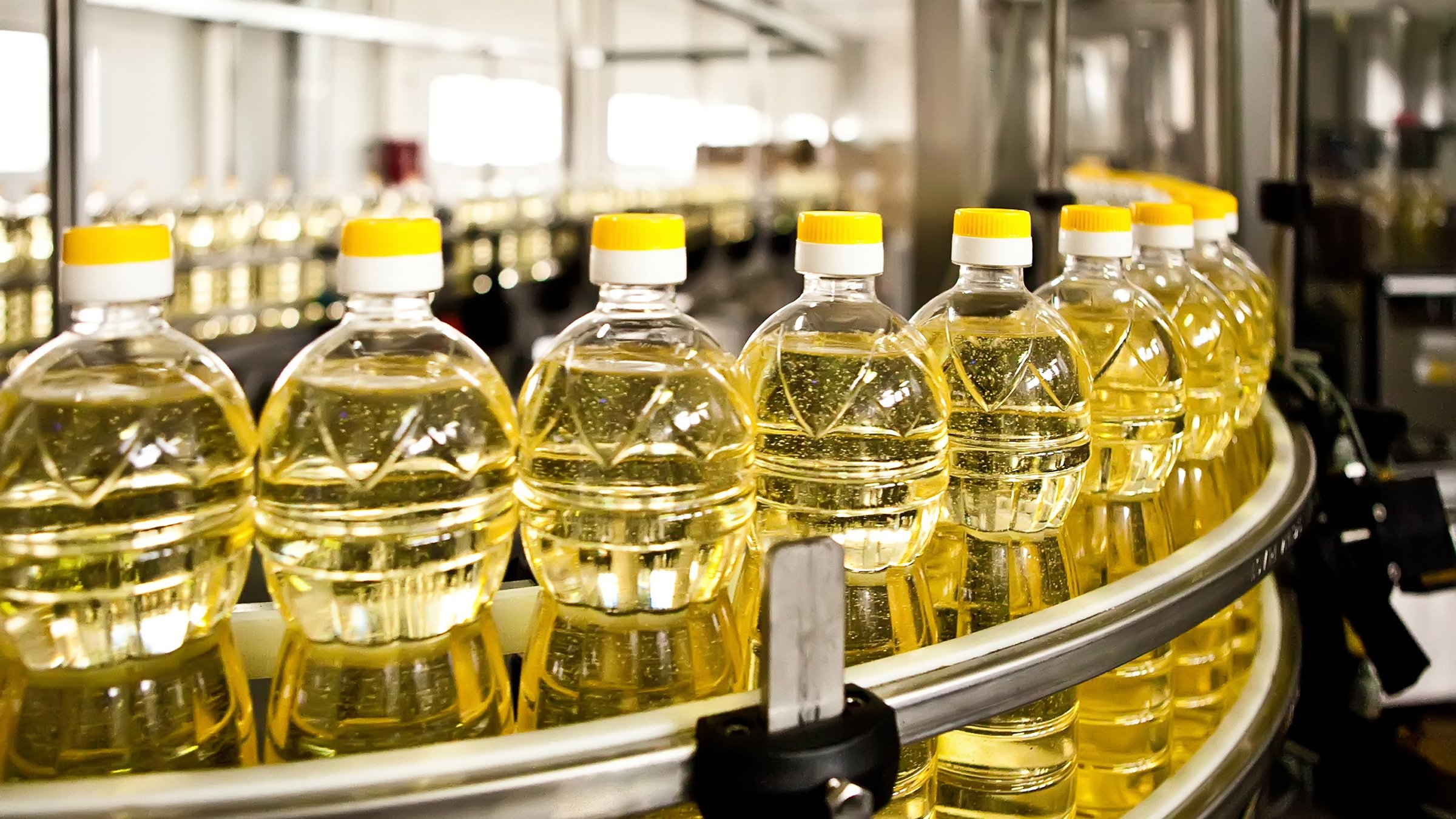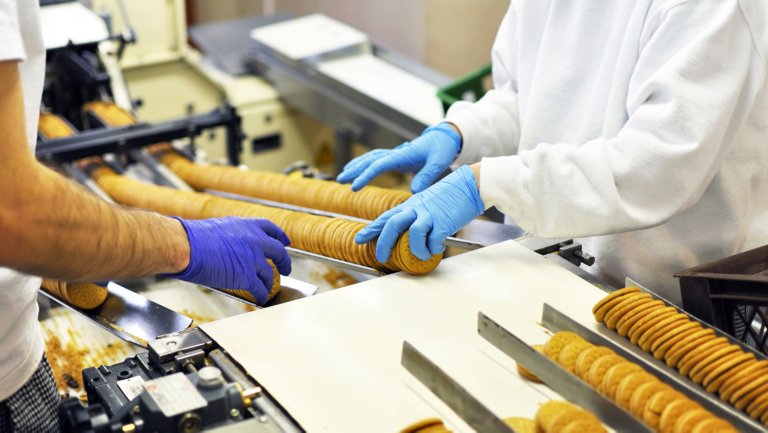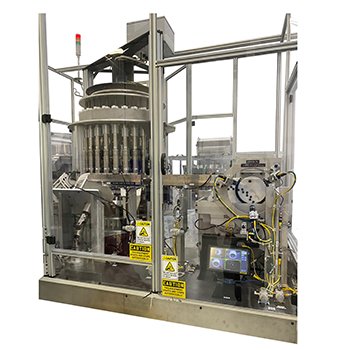By Peter Zafiro, General Manager, LinMot USA, Inc.
While some companies put innovation on the backburner and “hunkered down” during the COVID-19 pandemic, Central Machines instead focused on converting its traditional mechanical capping machines to all-electric technology to better serve customer needs. Based in Lincolnshire, Illinois, the firm designs and constructs custom, high-speed assembly machines for the food and beverage, consumer packaged goods and pharmaceutical industries.
Mechanical capping machines are designed to screw the cap onto all types of containers at high speeds — from small glass vials in pharmaceuticals to large caps for gallon jugs — using a specified amount of torque. Central Machine’s unit topped out at 300 caps/min., with typical running time maxed at 275 caps/min. to avoid any unscheduled downtime.
In addition, the mechanical version meant having to manually calculate when to adjust the machine, lubricate parts and schedule periodic replacements. And its rigid design presented other challenges.
“One of the main drawbacks of the mechanical capping machines is their fixed design,” says Peter Kendler, president and CEO, Central Machines. “As a machine builder, we have to be very careful. Once we get too far along the machine design, we do not have the ability to make any changes. As the machine build progresses and the customer requires changes to the design, are we now stuck with a boat anchor? For instance, what if the tightening torque has to change or there is a new requirement for thread capture prior to cap engagement?”
Such mechanical machine designs become a point-of-no-return, where the system is fixed and no changes are possible, he adds.




